
Phishing for Phools
The Economics of Manipulation and Deception
Read or listen offline
Amazon KindleRecommendation
Aside from the alarming claims that economists George A. Akerlof and Robert J. Shiller make about the drug approval process in the United States, the scams and lures they describe won’t surprise you. They argue that traditional and behavioral economists overlook or severely downplay the impact that manipulators, swindlers, con artists and outright liars have in the free market economy. These “phishers” distort markets and affect your decisions as a consumer, voter, patient and investor. Akerlof and Shiller describe an entirely new paradigm for economics that might help you see the next big scam – so you can avoid or even profit from it. But they offer something more useful than horror stories: an overlooked but important factor to consider in economic theory. Though they may underestimate the thoughtfulness of the average American, when Nobel Prize-winning economists propose a new idea, you pay attention. getAbstract recommends their analysis to economists, psychologists and all those interested in protecting themselves from scams.
Summary
About the Authors
George A. Akerlof is a professor of public policy at Georgetown University. Robert J. Shiller is an economics professor at Yale University. Both are Nobel laureates in economics.







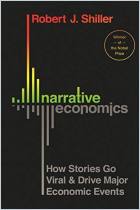
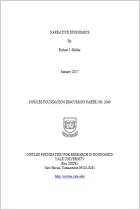
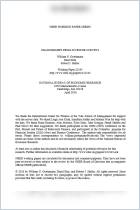
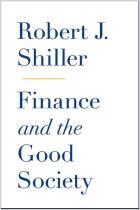
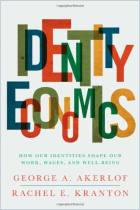
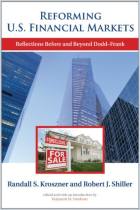
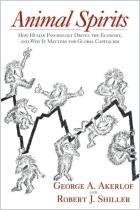
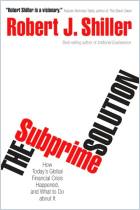
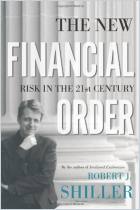

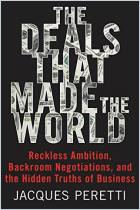
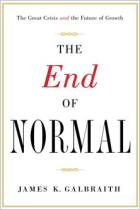
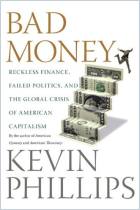
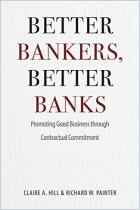
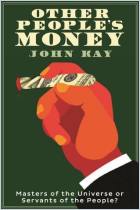



Comment on this summary or Start Discussion